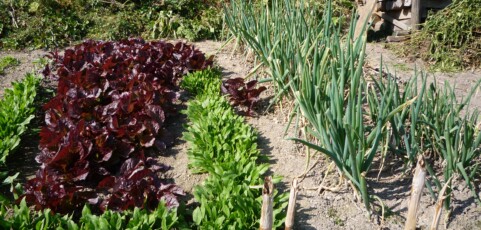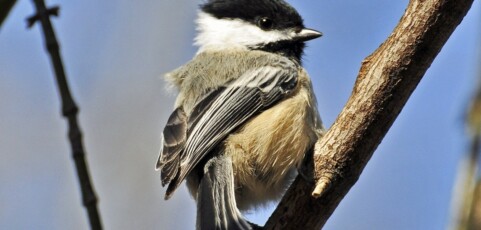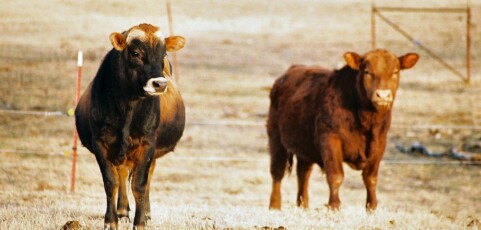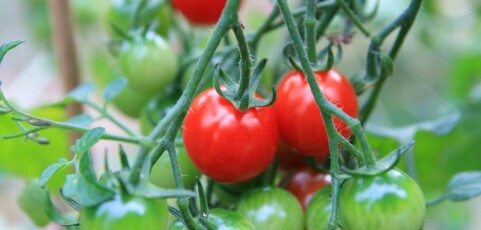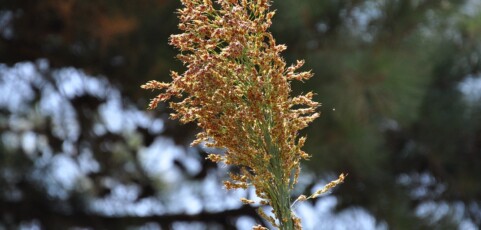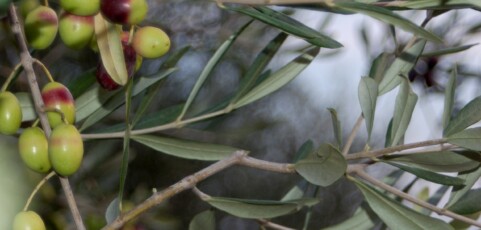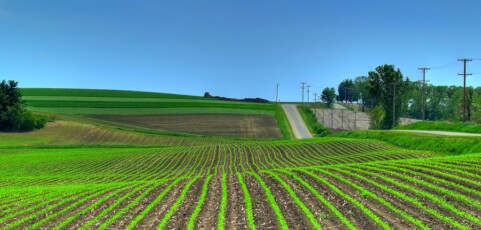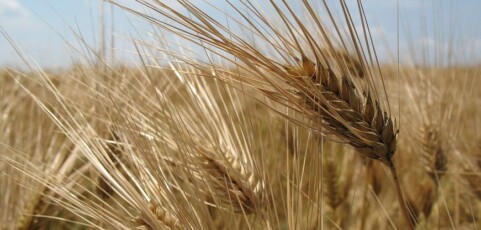Creative use of urban roof space can improve local environments and produce commercial organic crops.
Community Development with the Bribri of Costa Rica
Human resources are developed within Bribri indigenous communities using a participatory research approach based on traditional agricultural systems.
From a conventional agriculture system to a system of self sustaining management practices: the case of Cuba
The incentive which determined the economic policy of Cuba that has resulted in new management practices for agriculture has been based on the necessity to reduce the coefficients of imported chemical inputs. This study was conducted in Cuba from 1999-2000, working with 3 CPAs (Cooperativas de Produccion Agropecuarias), all linked closely to the state. The study results observed a reduction in chemical input quantity for some crops as well as technological changes.
The Campesino-to-Campesino agroecology movement of ANAP in Cuba: social process methodology in the construction of sustainable peasant agriculture and food sovereignty
The Cuban experience demonstrates that we can feed a population well with a small- or medium-sized farm model based on appropriate ecological technology, and in doing so we can become more self-reliant in food production.
Production of Organic Tomato in the Dry Zone of the Loja Province
Improve the structure of soils, to document the advantage of water that is deep in the soil, to limit the use of pesticides. In the future it is possible to diversify the agroecosystems.
Farmers’ Selection, Environmental Variation and Sorghum Genetic Diversity in Ethiopia
Farmers’ knowledge is critical for conserving and using genetic diversity of farmers’ varieties (landraces) of sorghum in Ethiopia.
Designing and Disseminating Ecological Production Systems for Perennials: Organic Olive Production in Crete
Olive production is a major crop in the Mediterranean region. Organic olive production offers agroecological and socioeconomic advantages. A prototyping design methodology was used to design, introduce, test and disseminate ecological olive production systems
Biological Control of Lygus rugulipennis in Italy
Use a technique with a low level of environmental impact for the management of Lygus rugulipennis, a very harmful pest for many crops, especially lettuce, in Italy.
Interaction between Agricultural and Natural Systems in the Mediterranean Landscape of Apulia, Italy
This study has developed a comprehensive framework that incorporates landscape ecological principles and GIS analysis in the planning and design of more sustainable agricultural systems in the Mediterranean landscape of Apulia (Southern Italy)
Nematodes in the “Tierra Estella” zone of Navarra, Spain
The object of this study is to see the presence of nematodes in the soils of the areas of Ayegui, Muniain de la Solana, Sesma, Sartaguda and Andosilla.

